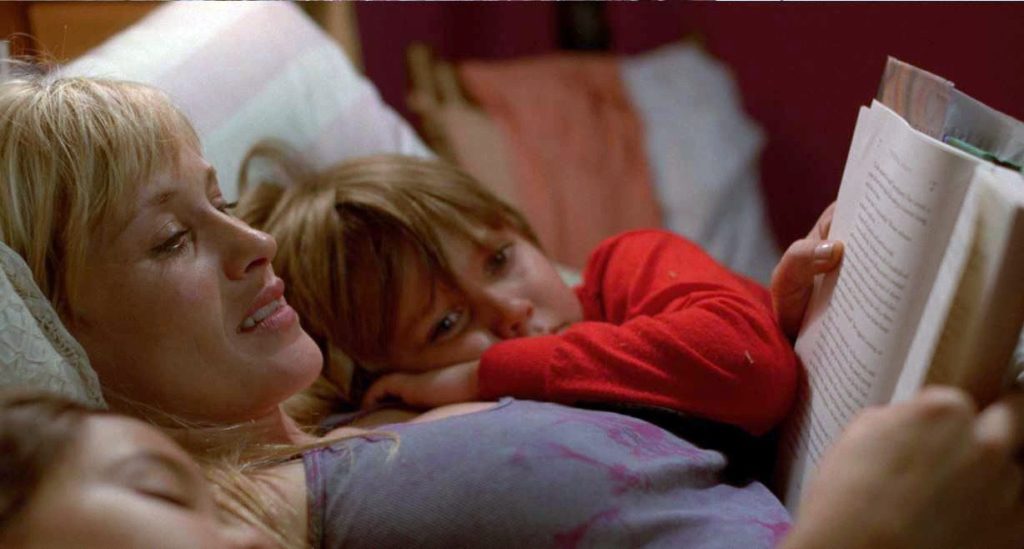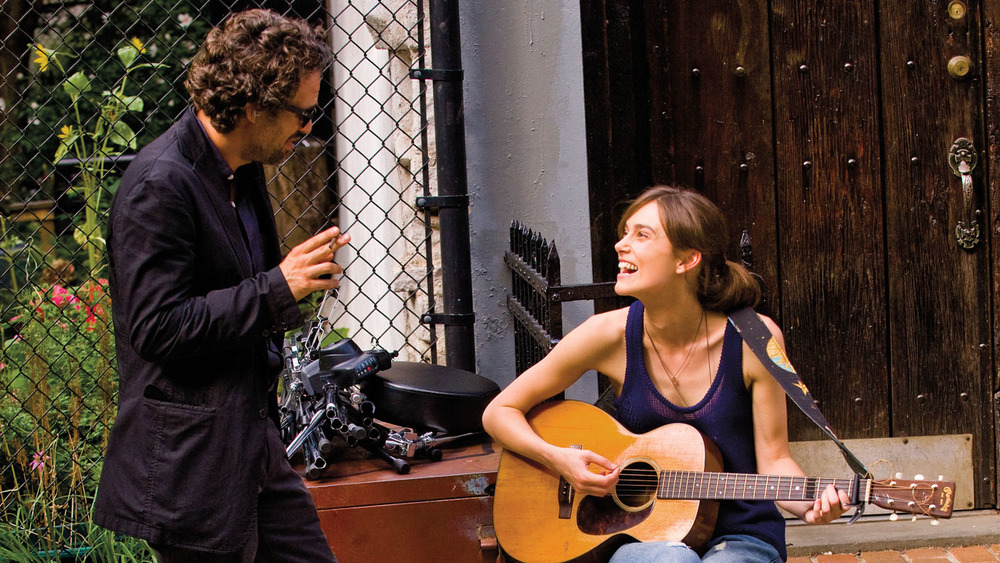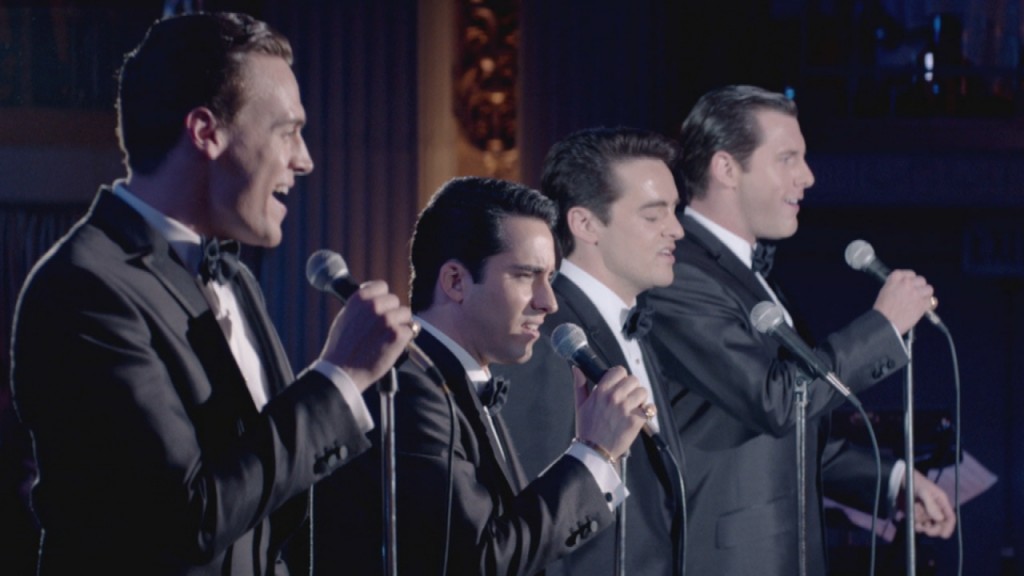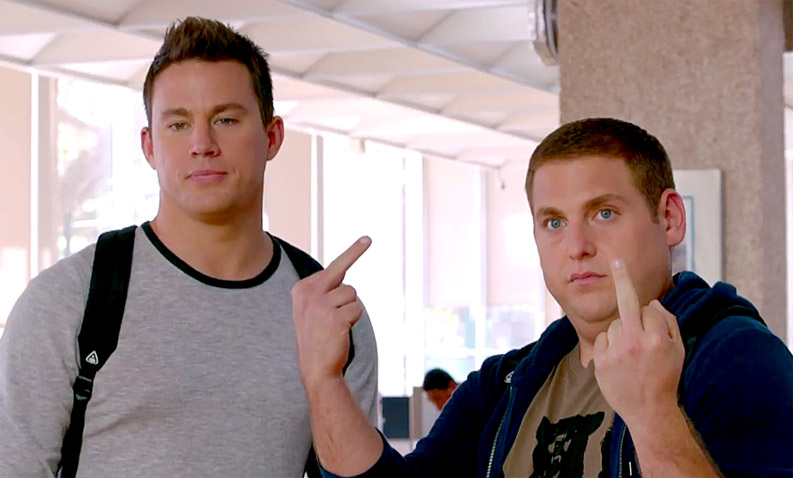Boy, is it good

Richard Linklater filmed Boyhood over 12 years. This is what you hear when the movie is discussed, and it’s an important fact. In 2002, he cast a boy (Ellar Coltrane), his sister (Lorelei Linklater), and their mother (Patricia Arquette) and father (Ethan Hawke). Both Coltrane were eight years old at the time, thought they were playing six and seven respectively; Arquette and Hawke were both major Hollywood actors in their early thirties, playing a recently divorced couple in Texas. Then Linklater filmed them for three or four days every year until Coltrane’s character Mason graduated from high school and went to college, taking them through growing pains, stepfamilies, first loves, and the burgeoning self-awareness of adolescence. Linklater deserves a slew of awards simply for overcoming such a film’s logistical difficulties – flighty children, lengthy contracts, the ravages of time and history – but he and his actors also managed to create a film as true to the emotional journey of childhood and modern American family life as any in a generation.
Like the life that Linklater is depicting, Boyhood does not have a plot as much as it has a series of vignettes focused around key moments in Mason’s childhood. At the beginning of the film, his mother is struggling, he and his sister Samantha (the younger Linklater) are squabbling, and their father, their mother’s ex, is a somewhat listless manboy who loves his children but does not know how to be a good father. The parents fight when Mason’s mother comes home after his father had them on a day of fun and the kids have not yet done their homework; Mason and Samantha watch them argue from an upstairs window and wonder whether they’ll get back together.
A few years later, the mother brings Mason to her psychology class, where he meets her professor, who ends up becoming Mason’s first stepfather. While he has money and children Mason and Samantha’s age, it becomes quickly apparent that he is a bully and a drunk, and the mother, Mason, and Samantha are forced to flee. In a new school and a new town, Samantha is livid as a teen-agers often are, while Mason is scared, confused, and watchful. His mother overcomes abuse and poverty and his father overcomes immaturity and impossible dreams, and Mason marvels at the beauty in front of him, recording it through his camera lens.
As he grows older – through junior high, drinking with friends, trying to act older, his first job, dealing with his mother’s next husband – Mason is quiet as he observes the world around him and struggles to live up to the expectations of his parents and parental figures. When he does speak, his vocalized introspection is precocious but never seems to be written by Linklater, but rather it seems to come authentically from Mason, channeled by the brilliant young Coltrane. Like many adolescents, Mason makes pronouncements that verge on delusions of grandeur, and they are sweet and funny, but they are also utterly believable. The last scene of the film, for instance, depicts him and three new friends from his college dormitory finding enlightenment through mushrooms. They speak in the banalities of mistaken profundity, and I found it oddly glorious.
Linklater’s naturalistic direction, with which he made minor masterpieces in Dazed & Confused and the Before Sunrise trilogy, is perfect for Boyhood. The film feels like documentary, like cinéma vérité, but the emotional power of his choices in editing, of the acting he elicited from his actors both young and old (particularly Arquette, doing the best work of her career), and in the beauty of his landscapes and light is something we usually only see in finely crafted narrative films. Boyhood is not perfect – it’s long and rough in places and the plotting seems a forced at times – but it is nonetheless an extraordinary monument to the power of art, film, and family.
Boyhood
Written and Directed by Richard Linklater
Starring Ellar Coltrane, Patricia Arquette, Ethan Hawke
Inexplicably Rated R



